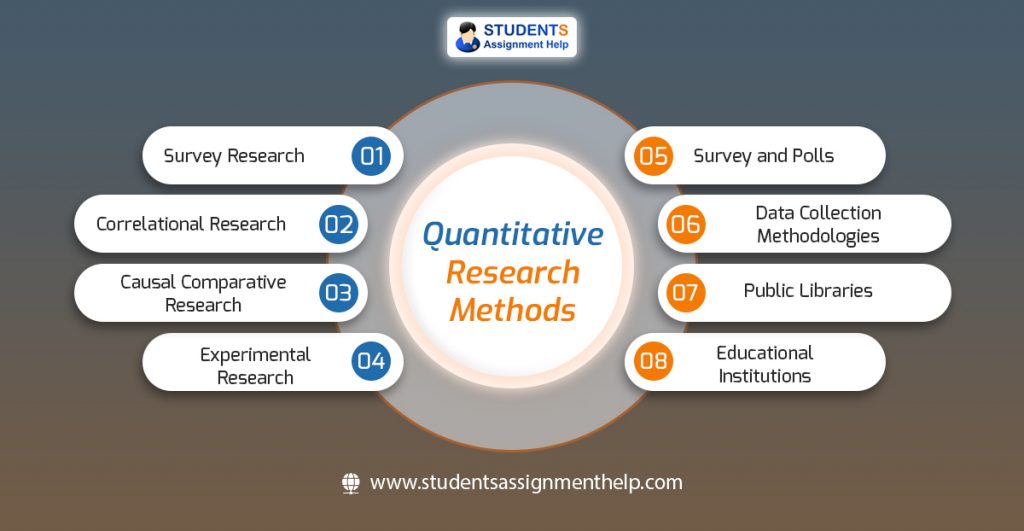
Research and data analysis play a pivotal role in unlocking the mysteries of the world around us. By delving deep into the realms of knowledge and seeking answers to our burning questions, we unravel insightful truths that have the power to revolutionize our understanding of various subjects. These invaluable tools provide us with a solid foundation upon which we can build comprehensive solutions, make informed decisions, and drive progress forward. In an era where information is abundant yet overwhelming, research and data analysis serve as beacons of clarity, offering us the means to sift through the vast sea of data and extract meaningful patterns and trends. Through this article, we embark on a journey to explore the unparalleled power of these essential components, uncovering the ways in which they shape the world we live in. Join us as we dive into the realm of research and data analysis, unraveling its significance and unveiling the insights it holds.
Importance of Research
Research plays a crucial role in various fields of study, providing valuable insights and information that contribute to advancements and developments. Whether it is scientific research, market research, or social research, the importance of thorough investigation and analysis cannot be understated.
Firstly, research helps to expand our knowledge and understanding. By conducting research, we are able to explore new ideas and concepts, test hypotheses, and uncover hidden truths. Through this process, we gain a deeper understanding of the subject matter and can make informed decisions based on reliable data and evidence.
Secondly, research is essential for progress and innovation. It enables us to identify problems and find effective solutions. By examining existing information and data, researchers can identify gaps in knowledge and areas that require further investigation. This leads to the development of new technologies, strategies, and approaches that can improve various aspects of our lives.
Lastly, research plays a vital role in personal and professional growth. Engaging in research allows individuals to develop critical thinking skills, enhance problem-solving abilities, and foster a curious and open mindset. Research encourages individuals to question prevailing notions, challenge assumptions, and explore diverse perspectives, thus promoting intellectual growth and personal development.
In summary, research is of immense importance in advancing knowledge, driving innovation, and fostering personal growth. It provides a solid foundation for decision-making and problem-solving in various fields, ensuring that progress is based on sound evidence and analysis. As we continue to embrace the power of research and data analysis, we unlock new insights and possibilities for a brighter future.
2. Process of Data Analysis
In the world of research and data analysis, the process of analyzing data plays a crucial role in uncovering valuable insights. This process typically involves several key steps that help researchers make sense of the gathered information.
Firstly, data cleaning is an essential initial step in the analysis process. This involves reviewing the collected data to identify and correct any errors, inconsistencies, or missing values. By ensuring the data is accurate and complete, researchers can minimize the influence of biases or inaccuracies on their results.
Once the data is cleaned, the next step is data exploration. This involves examining the variables and relationships within the dataset to identify patterns, trends, or correlations. Through visualizations and statistical techniques, researchers can gain a deeper understanding of the data and start forming hypotheses or identifying potential insights.
With the initial exploration complete, the next step is data modeling. Here, researchers make use of various statistical or machine learning techniques to create models that can predict or explain certain phenomena based on the data. This step allows researchers to test their hypotheses and make informed decisions backed by data-driven evidence.
Literature Review Services
Overall, the process of data analysis is a structured and iterative journey. It involves cleaning, exploring, and modeling data to make sense of complex information and uncover meaningful insights. By following this process diligently, researchers can leverage the power of research and data analysis to drive innovation and informed decision-making.
3. Impact of Data-driven Decisions
Data-driven decisions have revolutionized the way businesses operate, leading to significant advancements across various industries. By harnessing the power of research and data analysis, organizations can unlock valuable insights that contribute to better decision-making. In this section, we will explore the far-reaching impact of data-driven decisions.
Enhanced Efficiency and Productivity:
Data-driven decisions enable companies to optimize their processes and enhance overall efficiency. By utilizing research and data analysis, organizations can identify inefficiencies, streamline operations, and allocate resources effectively. This data-driven approach empowers businesses to make informed decisions, resulting in improved productivity and streamlined workflows.Competitive Advantage:
In today’s competitive landscape, staying ahead is crucial for long-term success. Research and data analysis provide organizations with the tools to gain a competitive advantage. By carefully analyzing data, businesses can identify emerging trends, consumer preferences, and market demands. Armed with these insights, companies can adapt their strategies, develop innovative products, and deliver personalized experiences that meet customer needs, thus gaining a competitive edge.Risk Mitigation:
Every decision carries an inherent level of risk, but research and data analysis can help mitigate potential pitfalls. By leveraging data, organizations can identify potential risks and anticipate their impact. This enables proactive decision-making, allowing businesses to minimize the likelihood of failures and make sound choices based on solid evidence and predictive analytics.
In conclusion, integrating research and data analysis into decision-making processes has a profound impact on organizations. Enhanced efficiency and productivity, competitive advantage, and risk mitigation are just a few of the benefits that businesses can derive from data-driven decisions. By harnessing the power of data, companies can make informed choices that pave the way for success in an increasingly data-centric world.
